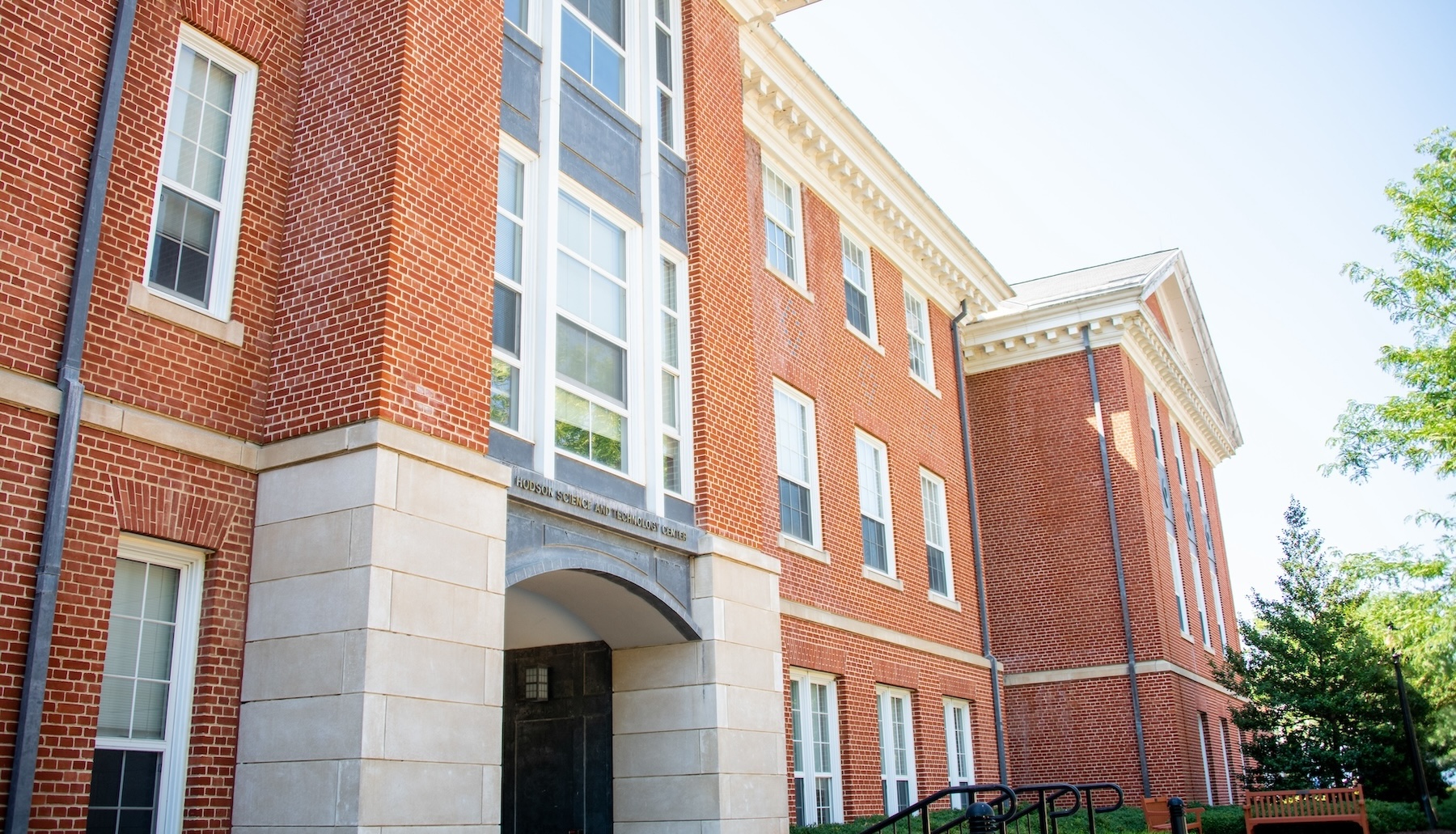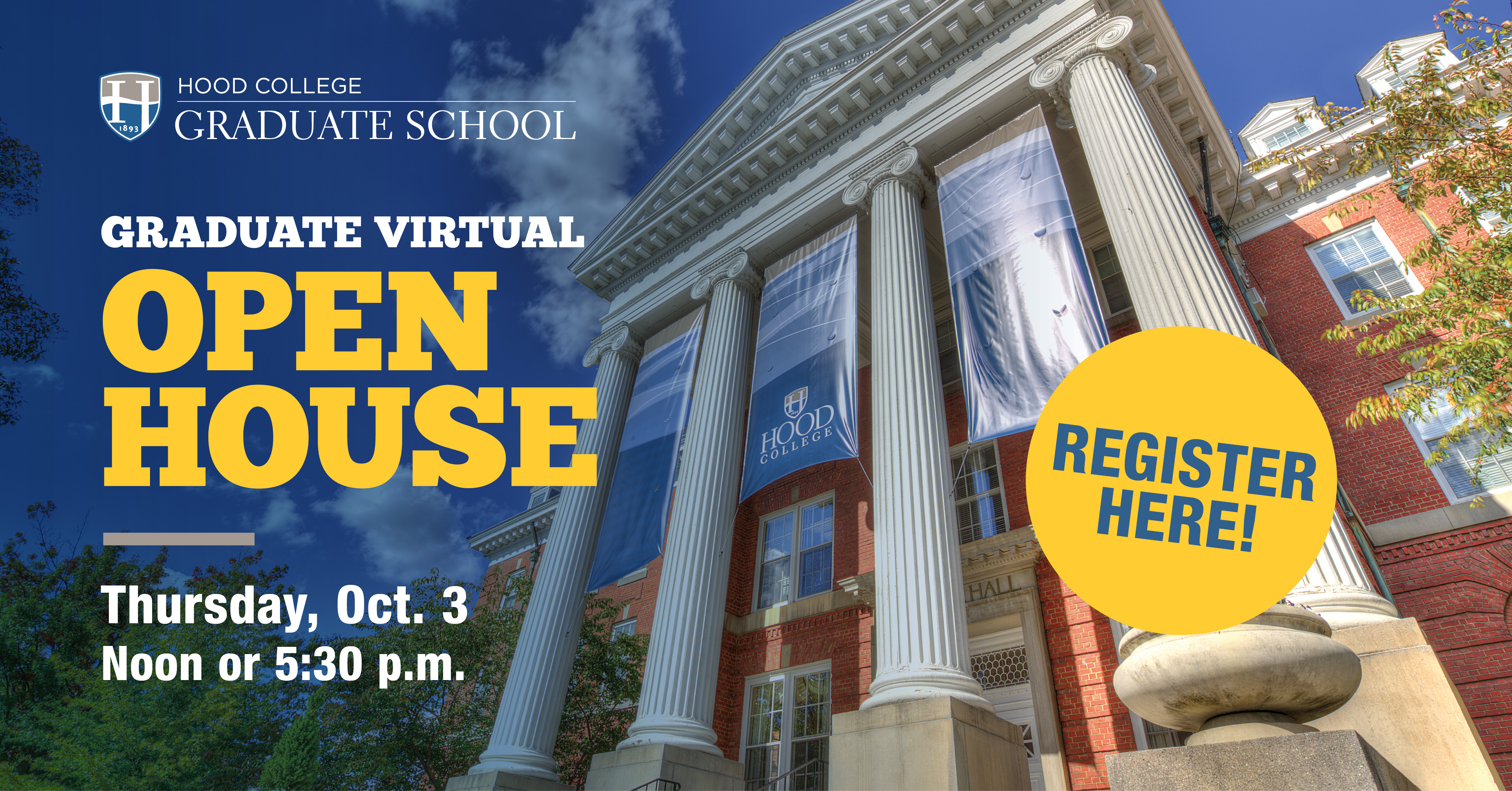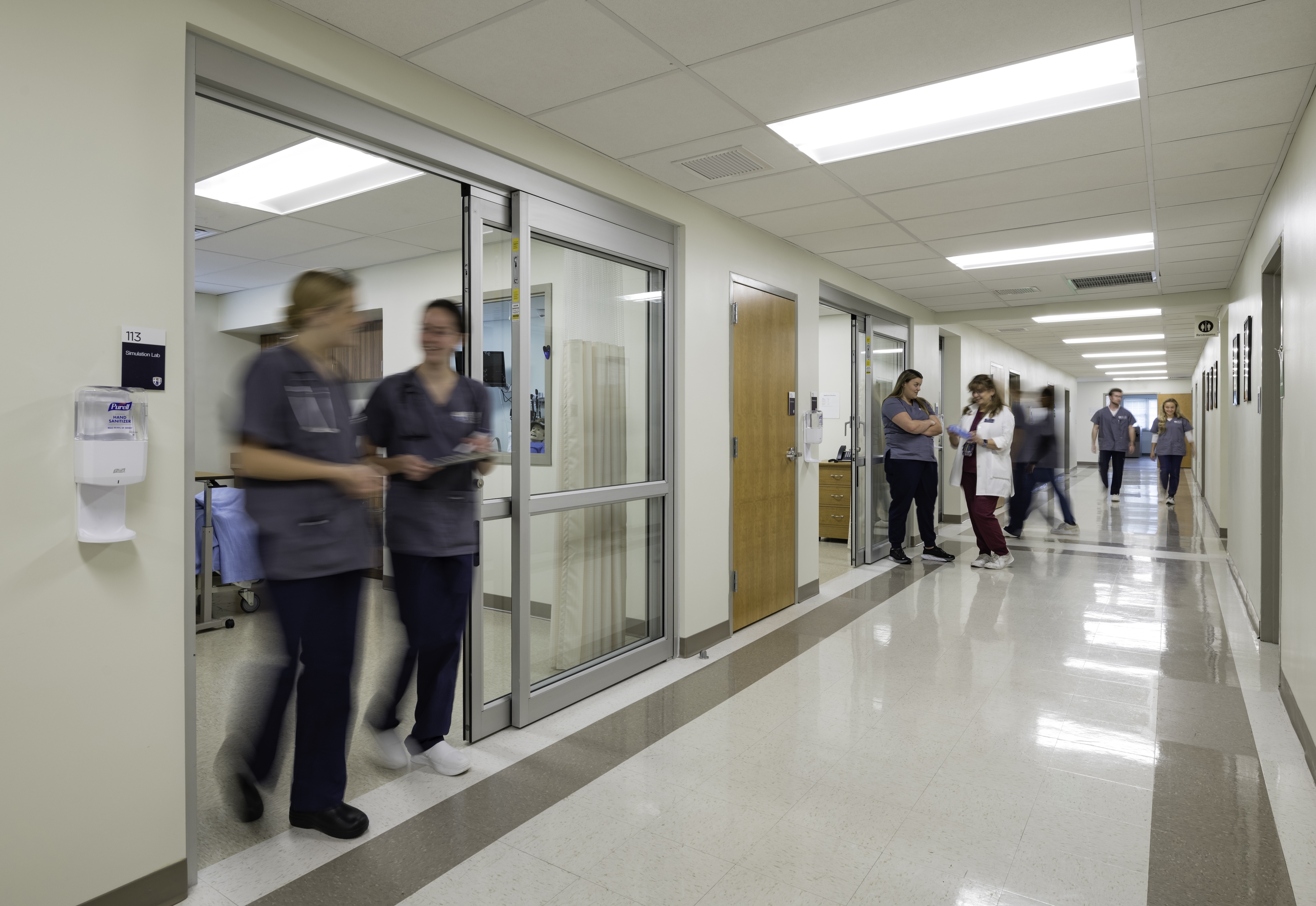The Perks of a Hood Biomedical Science Master's Degree

Hood College’s Biomedical Science (BMS) Master’s degree program was created in the mid-1970s to provide educational support to research technicians employed at the cancer biology and infectious disease research laboratories at Ft. Detrick. Within a few years, other biotechnology and biomedical research facilities such as Southern, Lonza, DynPort Vaccine Co, Astra-Zeneca-Medimmune and ImQuest BioSciences opened in Frederick County, along with the contractual support for the National Institutes of Health programs, SAIC and currently, Leidos. The region extending from Washington DC and Baltimore to Frederick began to carve out space as a technology and biomedical rich corridor.
“Hood College has long supported emerging graduate education for disciplines needed to support the growing work force,” said Dr. Ann L. Boyd, BMS Program Director. Dr. Boyd was a research scientist at Ft. Detrick in cancer biology until she became a full time member of the Hood Faculty in 1982, making teaching her first priority ahead of research. She emphasizes that BMS courses are taught in the evening so working professionals can receive quality continuing education. “I am only one of six faculty who teach in the BMS program. Each of the professors – Dr. Rachel Beyer, Dr. Ricky Hirschhorn, Dr. Georgette Jones, Dr. Craig Laufer and Dr. Oney Smith – has a research background, and teach courses in their respective areas of expertise.”
For thirty years, students took one or two courses a semester and finished the M.S. with a thesis project, very often at their place of employment with support from Hood faculty. As technology labs expanded and technical positions had more restrictions on proprietary information, the option of a published thesis was hard to fulfill and the faculty devised a non-thesis track which included more laboratory course work and required students to create a scientific study, to present and defend it to a committee of three faculty. This is how faculty can respond flexibly to the changing demographics of our students and their employers. It is also necessary to modify course content to reflect the changing mission of laboratories and the research agenda.
Media Contact
Mason Cavalier
Media Manager
- Graduate
- Graduate School
- Biomedical & Environmental Graduate Programs




